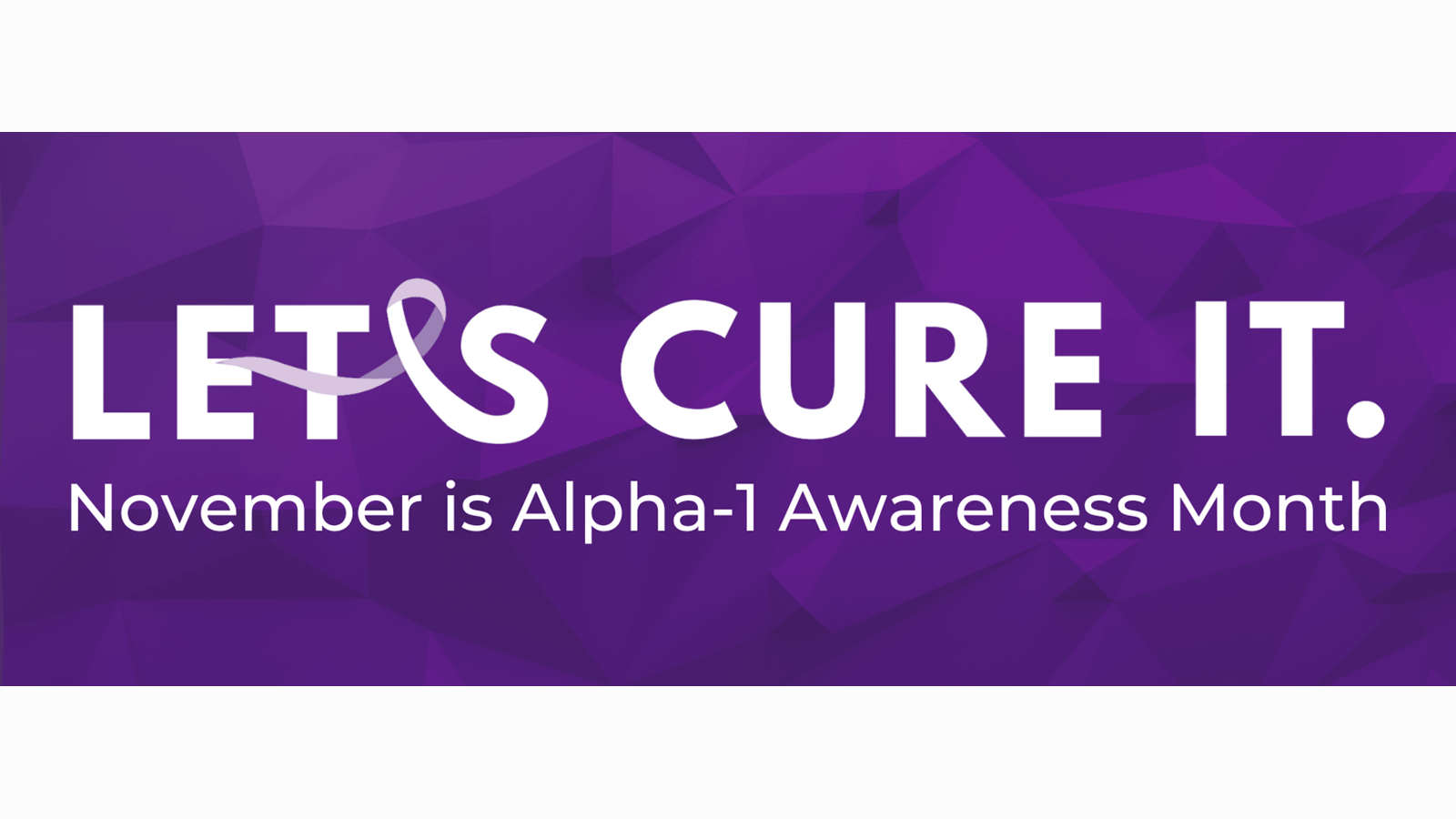Diseases that affect breathing and the lungs can be tricky to pin down. Alpha 1 Antitrypsin Deficiency is among possible causes, though it might not be the first one to come to a physician’s mind.
According to the Alpha-1 Foundation, symptoms of Alpha 1, which often appear between ages 20 and 40, may include:
- shortness of breath
- excessive cough with phlegm
- wheezing
- decrease in exercise capacity
- persistent low energy state or tiredness
- chest pain that increases with breathing in
Alpha 1 symptoms can look like other, more well-known conditions, such as chronic obstructive pulmonary disease (COPD). (And in fact, having alpha 1 can raise a person’s risk of also developing COPD.) Alpha 1 is a rare genetic condition that can be passed from parent to child, so it is important to know as part of your family health history.
Fortunately, Alpha 1 can be diagnosed with a simple blood test because its hallmark is a lack of the alpha 1 antitrypsin (AAT) protein. What is AAT? Produced in the liver, this protein plays an important role in protecting the lungs from inflammation caused by infection and inhaled irritants. Too little AAT protein in the blood can lead to lung damage and liver disease. It is currently recommended that all individuals diagnosed with COPD or unexplained bronchiectasis (thickened air passages in the lungs) be screened for AAT deficiency regardless of age or ethnicity.
For Alpha 1 Awareness Month in the United States, the Alpha-1 Foundation has launched the #Alpha1Awareness campaign to increase awareness of this rare disease and raise funds to improve the lives of those affected by the condition. This year’s theme is “Let’s cure it.”
Find resources and more information at the Alpha-1 Foundation website.



